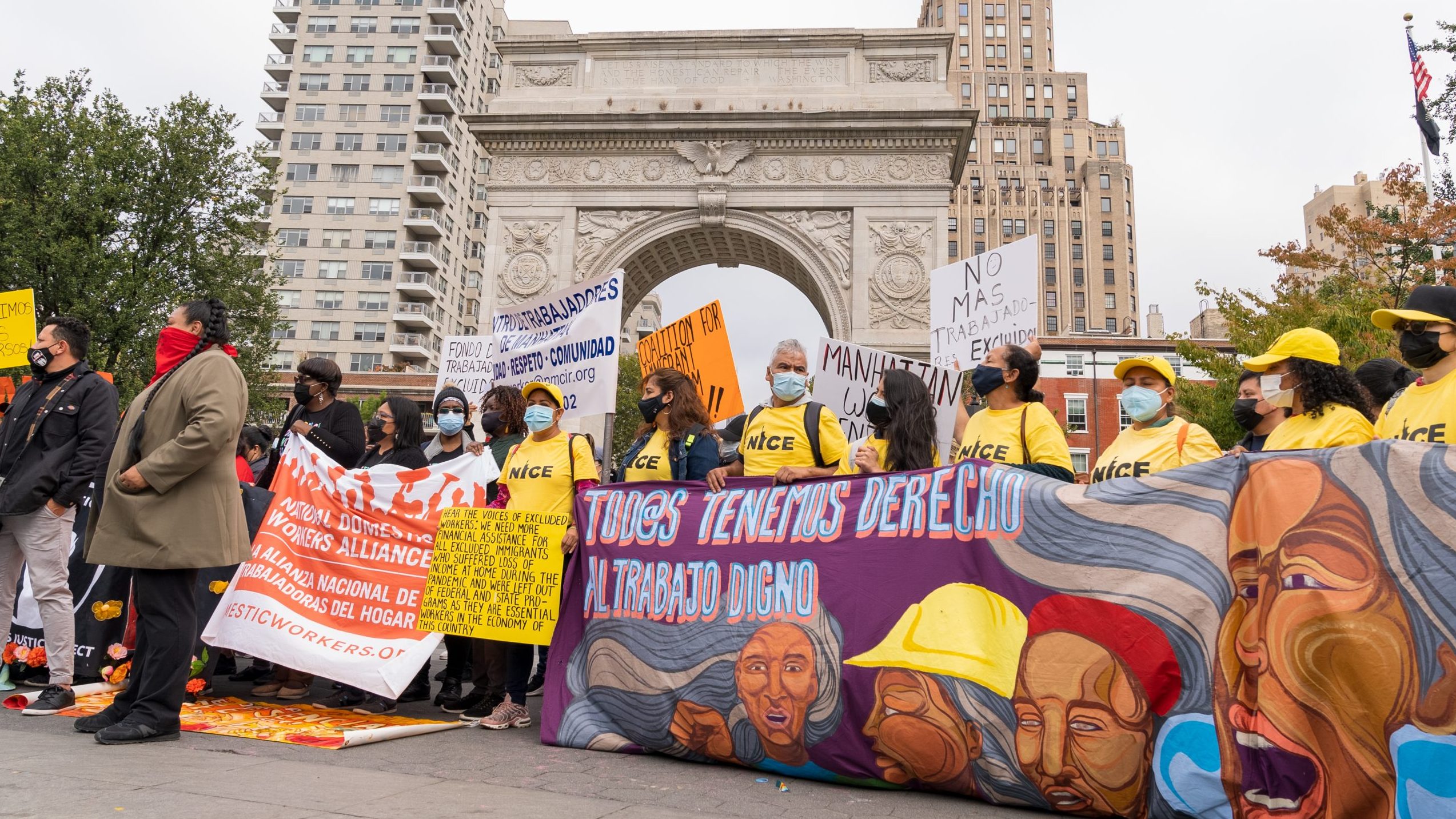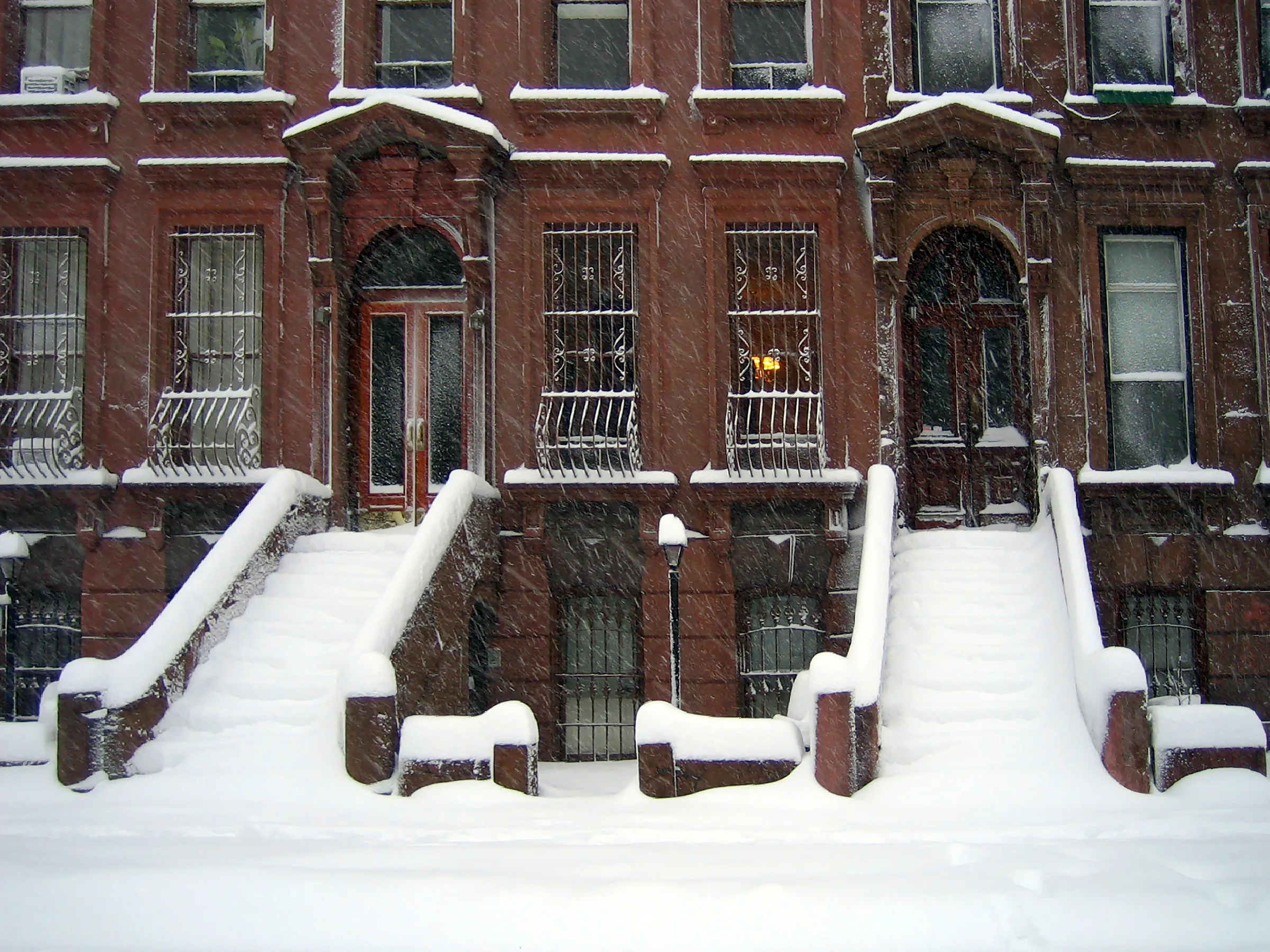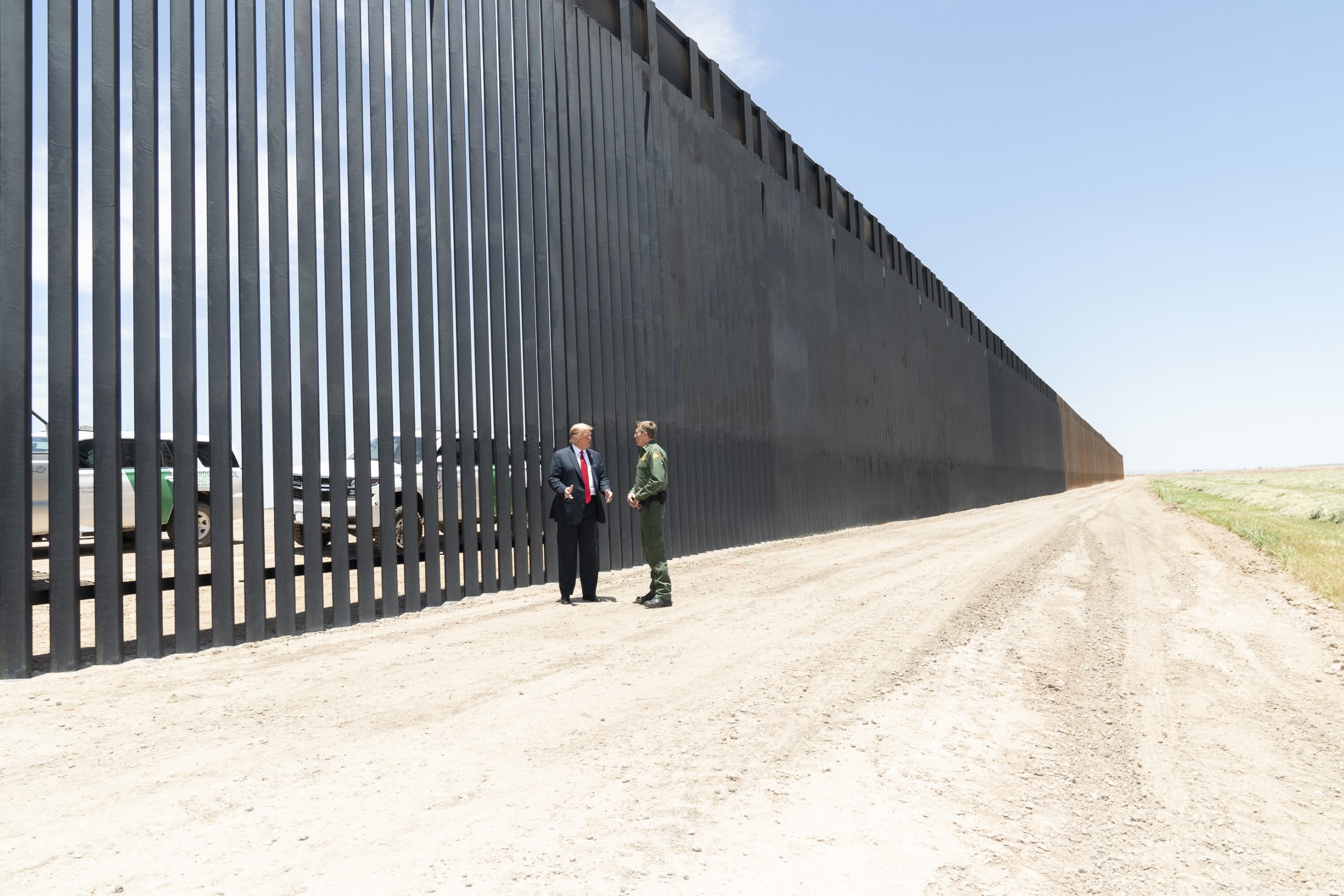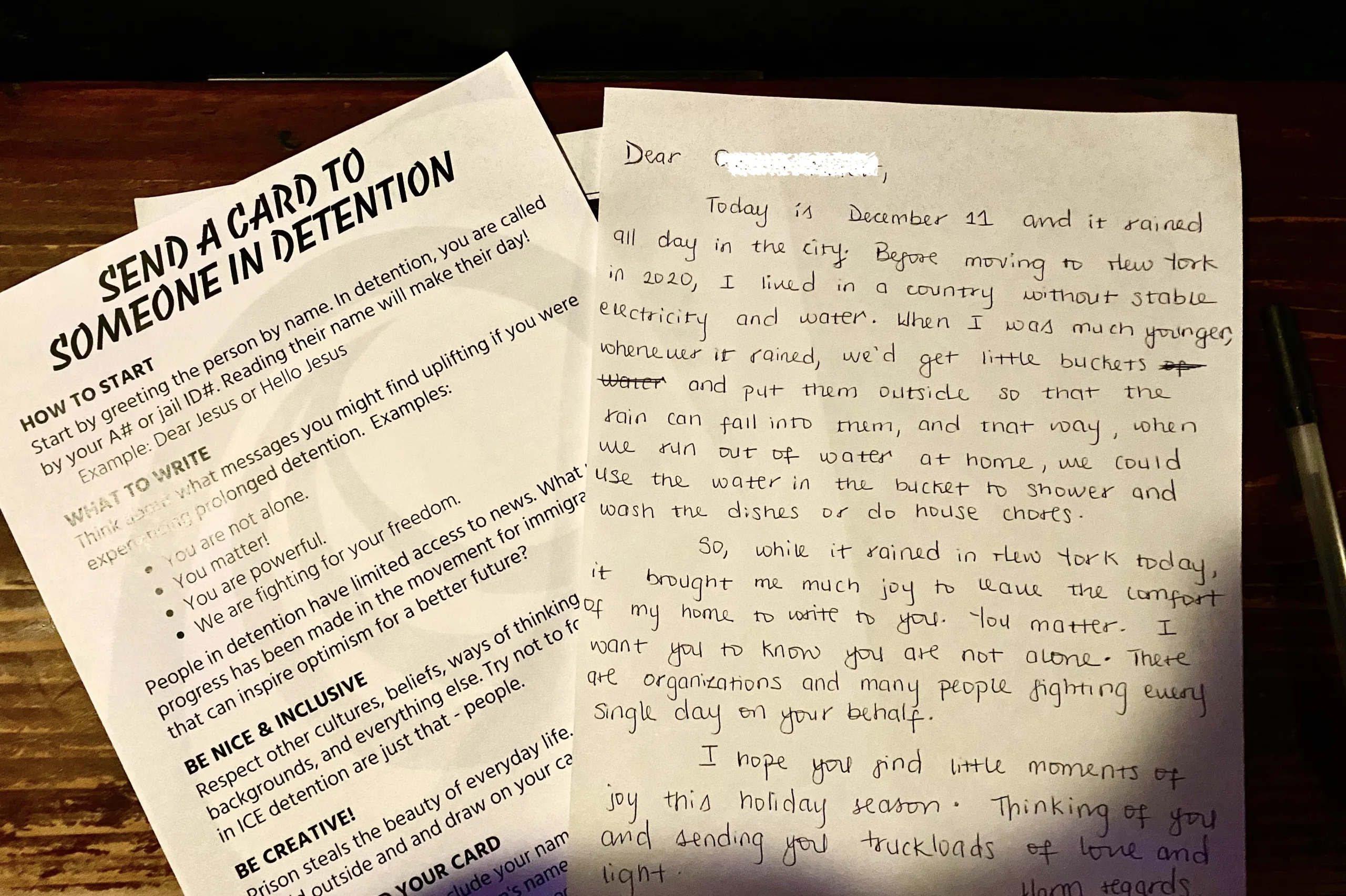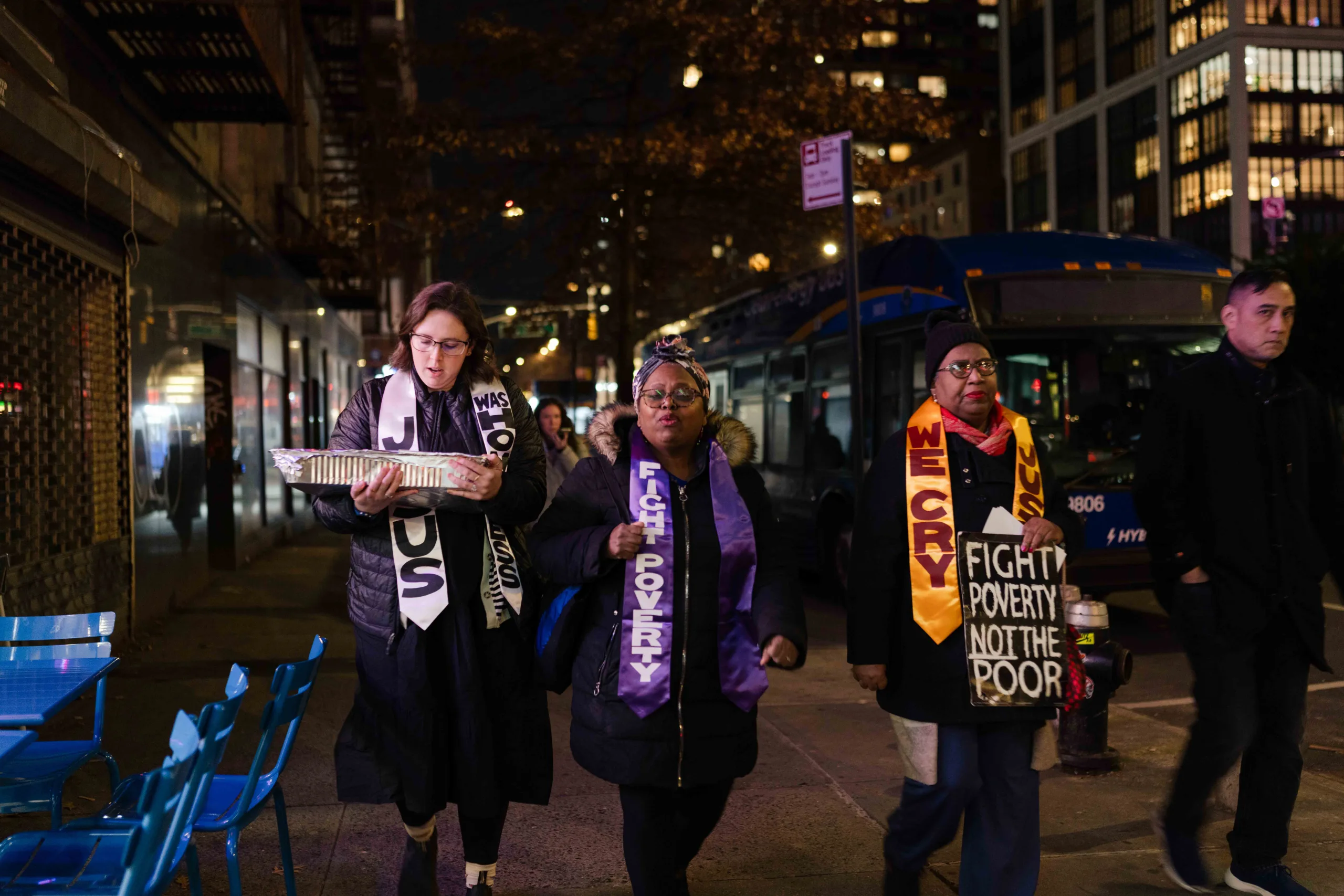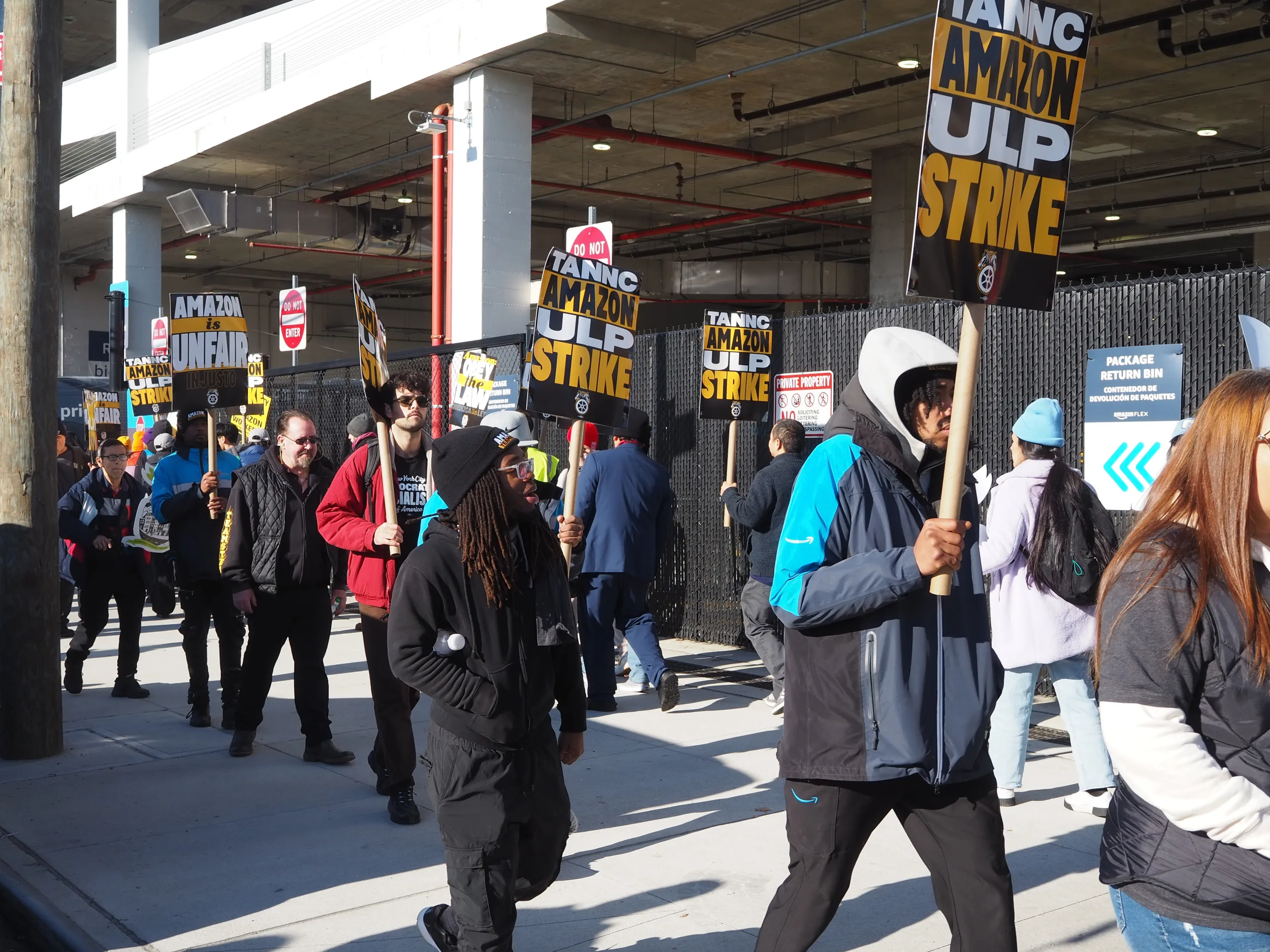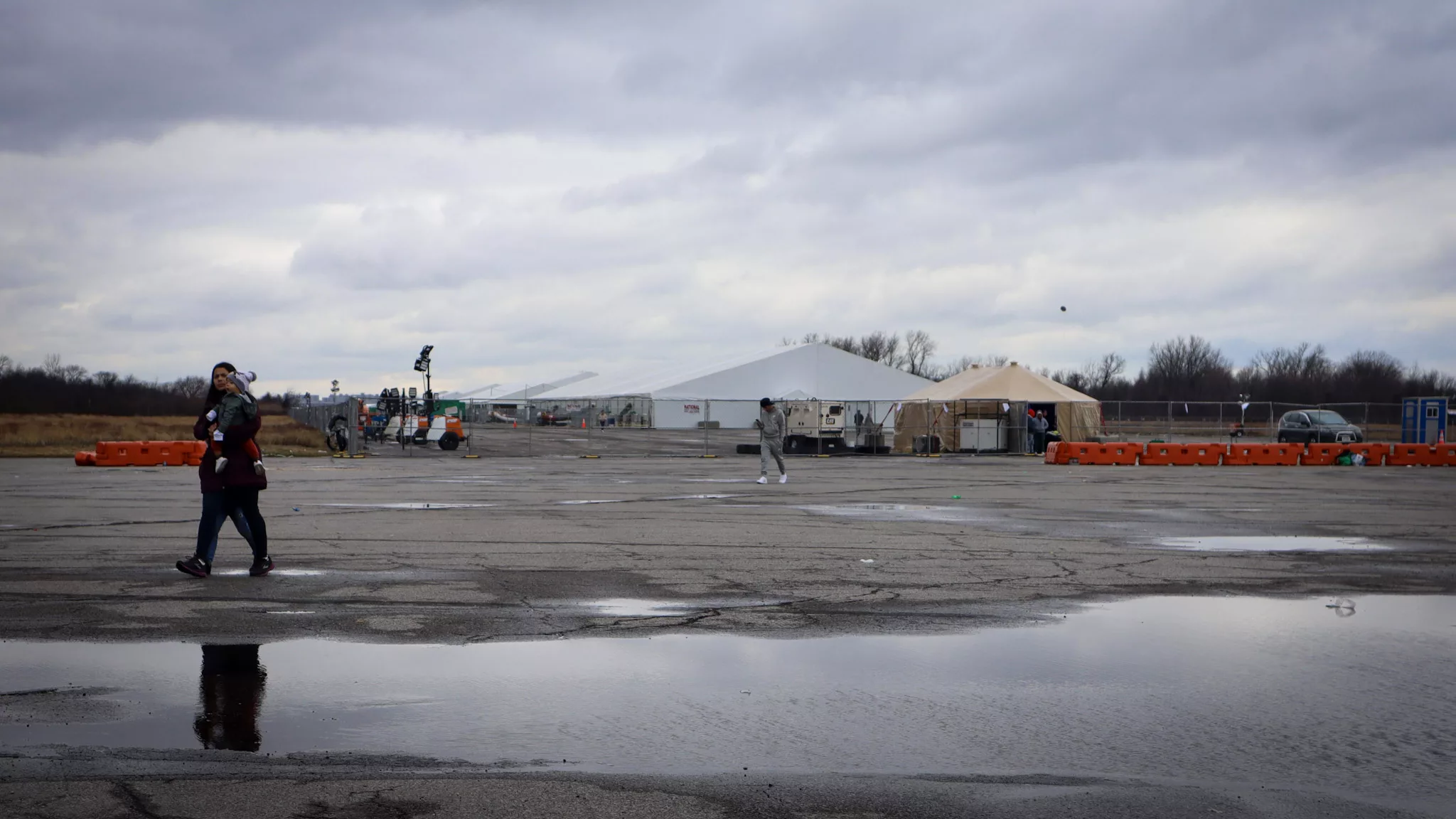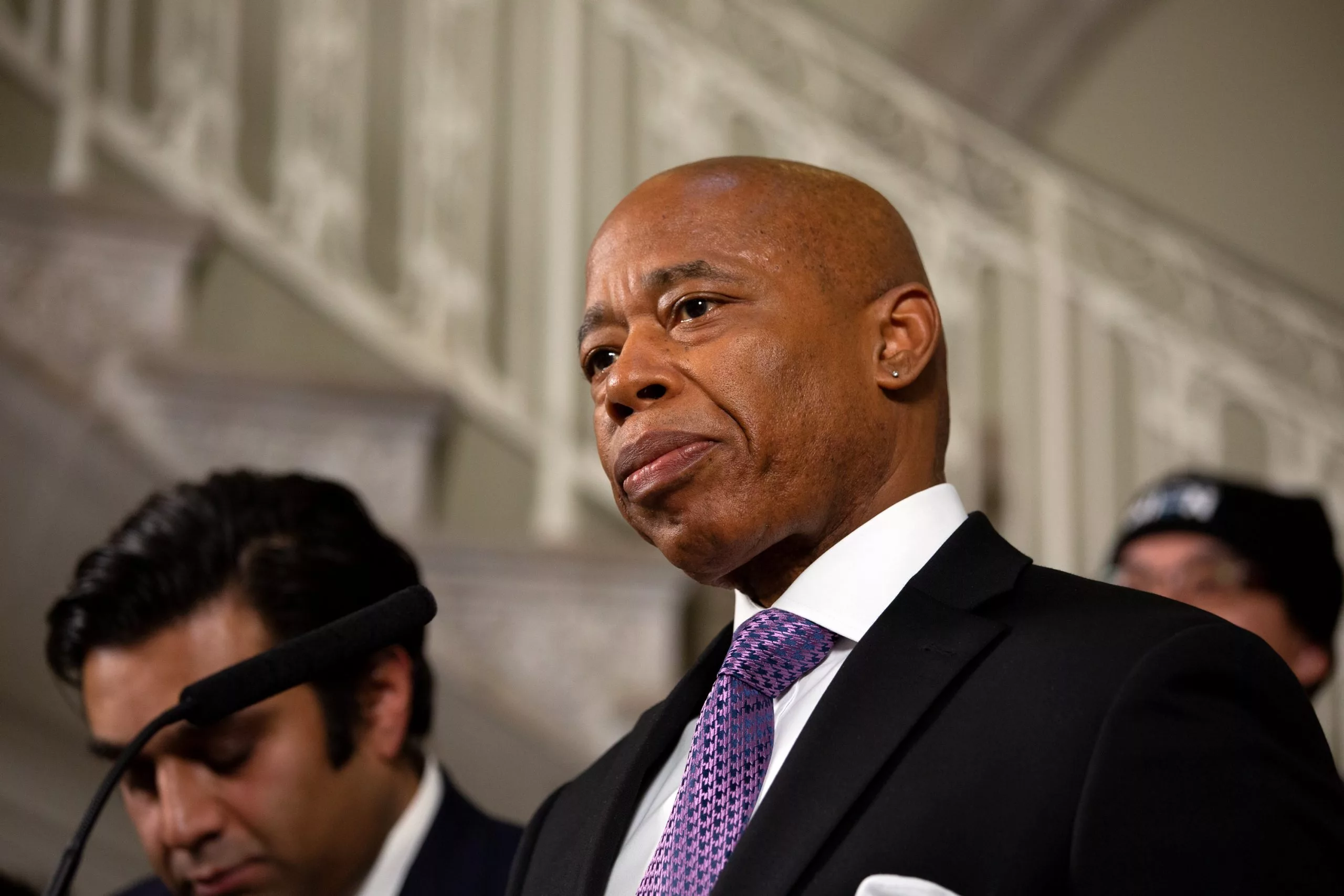This summary was featured in Documented’s Early Arrival newsletter. You can subscribe to receive it in your inbox three times per week here.
Gov. Kathy Hochul has unveiled a final $220 billion budget deal for New York state, which includes several developments pertaining to immigrants and immigration. After some immigrant communities called for tougher bail laws, additional measures to do so were included in the bill. More crimes will now be eligible for bail, but Democrats blocked a proposal that would have let judges jail people before trial over previous arrest records or if it was determined they posed serious danger to public safety. The legislation will also strengthen Kendra’s Law.
In addition, legislators made changes to state law that will help more undocumented people access health care. Hochul also agreed with lawmakers to include additional spending to increase wages for homecare workers, Andrea Stewart-Cousins, the Democratic majority leader in the Senate, said yesterday.
The budget proposes $7 billion for child care support, but none of it will go toward child care for undocumented children. Organizations have condemned the decisions made in the final budget agreement. Nadia Marin-Molina, co-executive director of the National Day Laborer Organizing Network, responded in a statement Documented obtained yesterday, saying: “Maneuvering to exclude an estimated 30,000 children from ‘universal’ childcare, based on their immigration status or that of their parents, is a new low that has nothing to do with cost savings, and everything to do with politics.”
Unfortunately, several calls for the governor to expand the Excluded Workers Fund were not heard. Andrés García, Executive Director of El Centro Del Inmigrante, condemned New York state legislators’ decision “to leave men, women and children to suffer yet again during a time of historic surplus. In a statement, García added that “the intentional exclusion of undocumented and mixed-status immigrants in a state that runs on the labor of Black and Brown workers is the practice of codifying racism into law.” Immigrant advocates maintain they will continue to fight for excluded workers who have been essential during the pandemic.
纽约州“能源补助”申请指南
In other local immigration news…
ICYMI: Documented’s New Early Arrival Newsletter Design and Layout Launches Monday
The next edition of Early Arrival you will receive in your inbox on Monday, April 11, will be a redesigned and modified version created with your input. Our newsletter audience has expanded by thousands since Early Arrival’s launch in 2018 and more than doubled since the start of the pandemic. We wanted to better understand why readers like you sign up, read and engage with the newsletter so you can have the best possible experience. We carefully conducted a survey, which many of you participated in, and we discovered new opportunities to improve. Readers who volunteered to be interviewed last year have had a first look at the new version, and have so far called it “a fantastic makeover” and “very reader friendly.” We can’t wait to show it to you all. Stay tuned!
Plans to Resettle Ukrainians in New York Remain Uncertain
Nearly two weeks after the Biden administration announced the nation would take in more than 100,000 Ukrainian refugees, organizations tasked with helping refugees say they are still unclear about specifics. Following The CITY’s report on unclear plans to resettle the refugees, nonprofit groups Immigrant-ARC and NYLAG released a statement calling on local governments to increase fund the Immigrant Opportunity Initiative and boost legal assistance for migrants seeking asylum in the U.S. The need for legal assistance goes beyond the Ukrainian crisis, as immigrants from dozens of other countries are seeking entry into the U.S.
Listen: Documented’s April Xu Discusses Why Chinese Community Groups Support Tougher Bail Kaws
April Xu spoke with WNYC host Michael Hill about why New York’s Chinese community supports stricter bail laws. Earlier this month, Gov. Kathy Hochul sent state legislators her 10-point public safety proposal that would tweak bail laws. While the plan faces strong pushback from about 30 New York organizations advocating for immigrant rights, it has received support from influential Chinese civic society groups, whose constituents have been struck by a wave of anti-Asian violence. “The reality for Chinese communities is that their fear is real. They want somebody to do something to fix this,” she said. Listen to the conversation on WNYC, which highlights a recent report from Documented.
